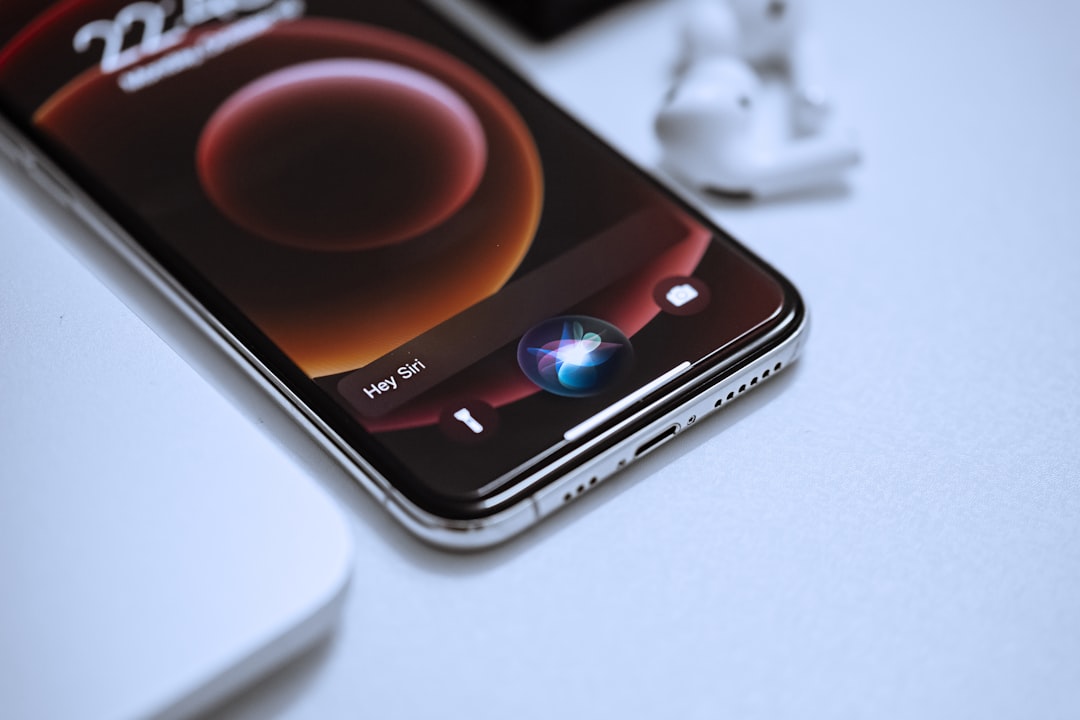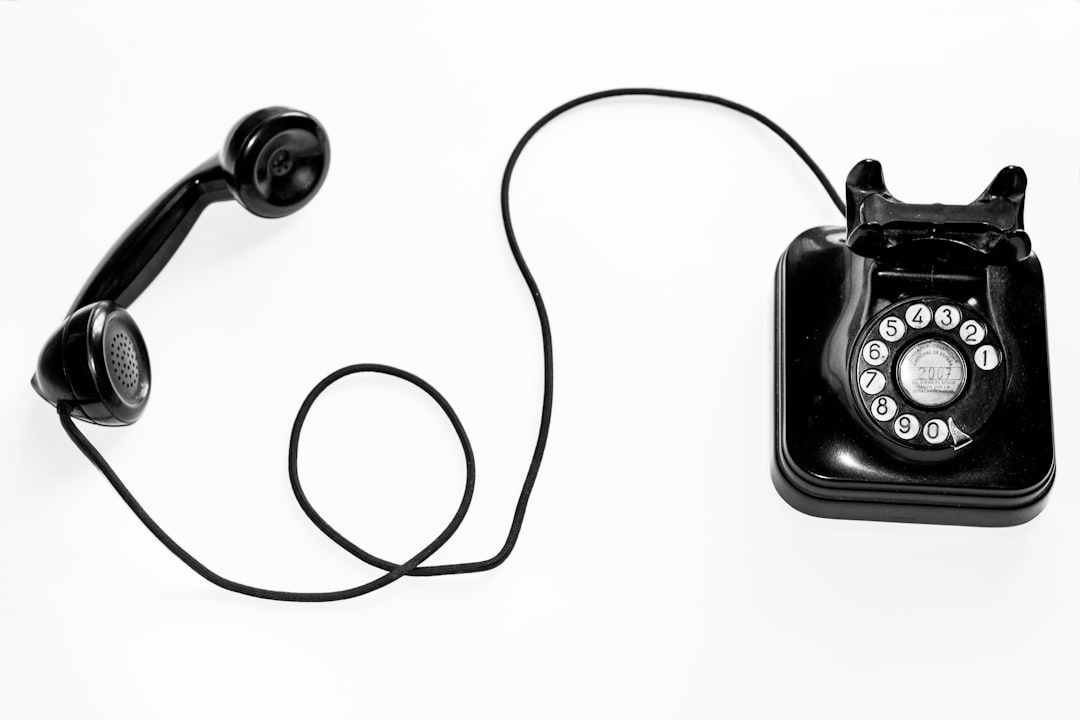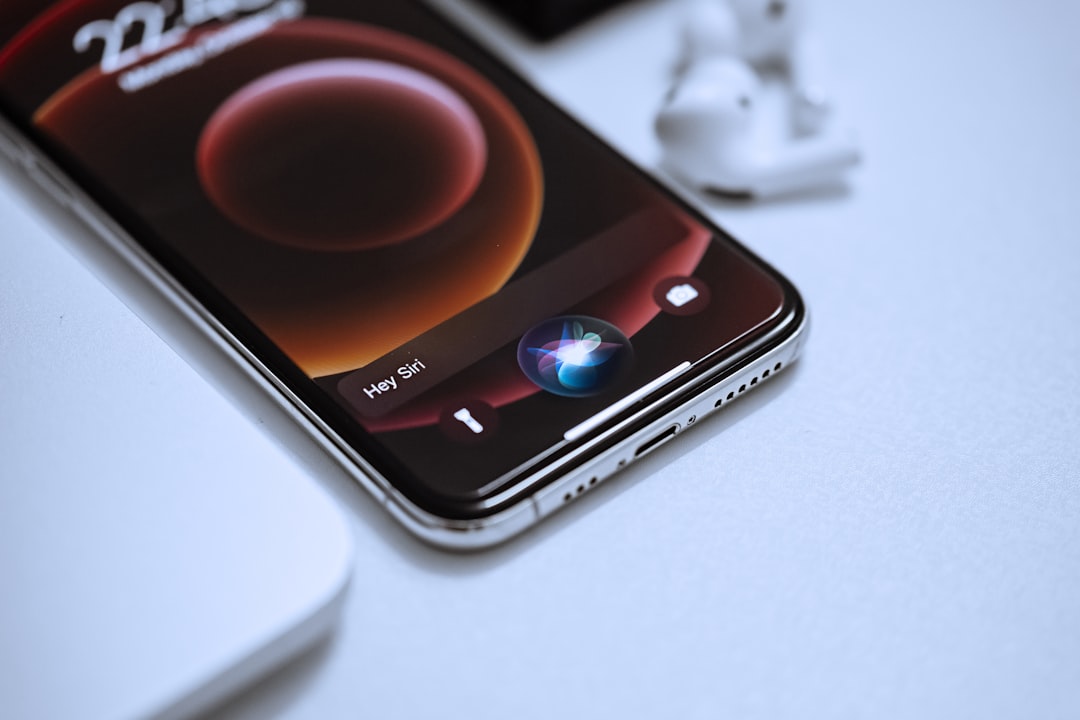In Illinois, both state laws and federal regulations, including the Fair Debt Collection Practices Act (FDCPA), protect debtors from harassment during debt collection processes. Debtors can request a "do not call" status to stop all communication from collectors. The "Do Not Call" law targets debt collector firms, offering residents privacy protection. Violations of FDCPA, which prohibits harassing calls and false statements, lead to legal repercussions. No Contact Orders (NCOs) further safeguard individuals from direct contact with creditors. Debt collectors must adhere to stringent rules, including restrictions on call times and identification, or face severe consequences.
In Illinois, debt collection practices are tightly regulated to protect debtors from harassment. This article delves into the state’s robust legal framework addressing debt collection abuses, empowering consumers with knowledge of their rights. We explore key laws, including the strict “Do Not Call” rules for law firms, unfair debt collection practices, and the power of No Contact Orders. Understanding these protections is crucial for Illinois residents navigating debt collection challenges.
Illinois Laws: Protecting Debtors from Harassment

Illinois laws have been put in place to protect debtors from harassment during debt collection processes, particularly regarding unwanted phone calls from law firms. The Illinois Consumer Fraud and Deceptive Business Practices Act prohibits debt collectors from engaging in any false, deceptive, or unfair practices when attempting to collect a debt. This includes making repeated telephone calls with the intent to harass or abuse the debtor, using threatening language, or misrepresenting the amount owed.
Under the Fair Debt Collection Practices Act (FDCPA), debtors have the right to request that a debt collector cease all communication, often known as a “do not call” request. Once received, law firms and collectors must refrain from making further phone calls regarding the debt, providing a much-needed respite for those facing financial hardships. Illinois residents can take advantage of these laws to stop harassment and focus on finding legitimate solutions to their debt issues.
Do Not Call Law Firms: A Consumer's Right

In Illinois, consumers have a right to peace and quiet in their homes, free from relentless debt collection calls. The state’s “Do Not Call” law, specifically targeting debt collectors and law firms engaged in debt collection activities, is designed to protect residents from harassing phone calls. This law empowers individuals to request that debt collectors refrain from contacting them by telephone.
By registering with the Illinois Attorney General’s Do Not Call list, consumers can ensure their privacy and avoid unwanted calls from law firms seeking to collect debts. This simple step provides a legal shield against aggressive debt collection practices, allowing residents to live without the constant burden of phone rings and messages related to outstanding debts.
Unfair Debt Collection Practices: Legal Recourse

If you’re facing debt collection harassment in Illinois, know that there are legal protections in place to safeguard your rights. The Fair Debt Collection Practices Act (FDCPA) prohibits debt collectors from engaging in unfair or deceptive practices when attempting to collect a debt. This includes actions such as making harassing phone calls, using false or misleading statements, and threatening to take actions they cannot legally enforce.
If you believe your rights have been violated, you have legal recourse. You can file a complaint with the Federal Trade Commission (FTC) or contact the Illinois Attorney General’s office for assistance. Additionally, many consumers find it beneficial to consult with an attorney who specializes in consumer protection laws, especially when dealing with aggressive debt collection tactics. These options empower you to take action and stop harassing behavior from debt collectors while navigating your legal rights in Illinois.
Understanding No Contact Orders in Illinois

In Illinois, one effective way to stop debt collection harassment is through No Contact Orders (NCOs). These legal tools are powerful in that they mandate that creditors, debt collectors, and law firms designated for debt collection refrain from contacting you directly or indirectly. The “Do Not Call” aspect applies not just to phone calls but also to any form of contact, including text messages, emails, letters, and even social media outreach. NCOs are a crucial part of Illinois’ framework to protect consumers from abusive debt collection practices, especially when the process becomes intrusive and stressful.
To obtain an NCO, individuals in Illinois typically need to file a complaint with the state’s attorney general or seek legal advice from professionals who can guide them through the process. Once granted, the order acts as a shield against unwanted debt collection efforts, providing much-needed peace of mind for those facing overwhelming debt and harassment.
Debt Collectors: Compliance and Consequences

Debt collectors in Illinois must adhere to strict regulations, ensuring ethical practices and consumer protection. The Fair Debt Collection Practices Act (FDCPA) prohibits abusive, unfair, or deceptive acts during debt collection efforts. This includes restricting calls to consumers after 9 pm and on holidays, as well as requiring collectors to identify themselves and the organization they represent.
Non-compliance with Illinois laws can result in significant consequences for debt collectors. Consumers affected by harassment may file complaints with the Illinois Attorney General’s Office or take legal action, potentially leading to damages and attorney fees. Such violations also reflect poorly on the collector’s reputation, impacting their ability to maintain a positive standing in the industry. Therefore, adhering to the Do Not Call laws and other regulations is crucial for maintaining compliance and preserving relationships with consumers.






